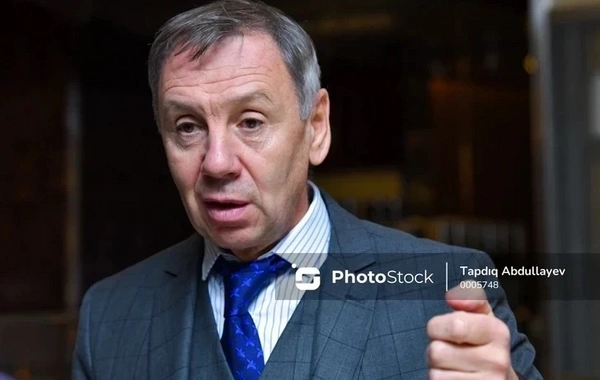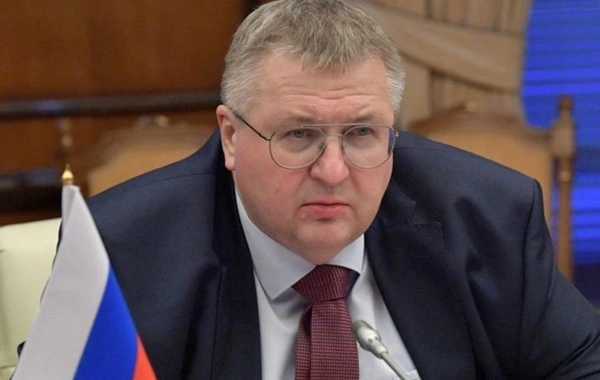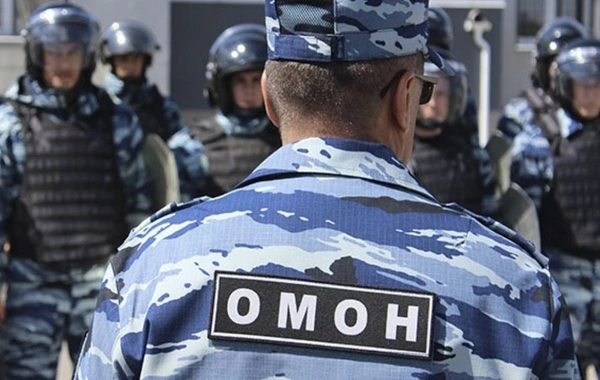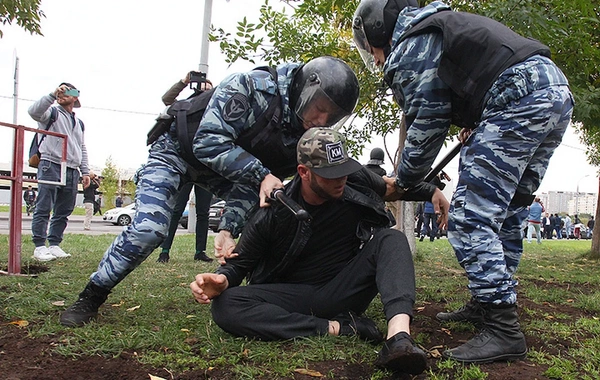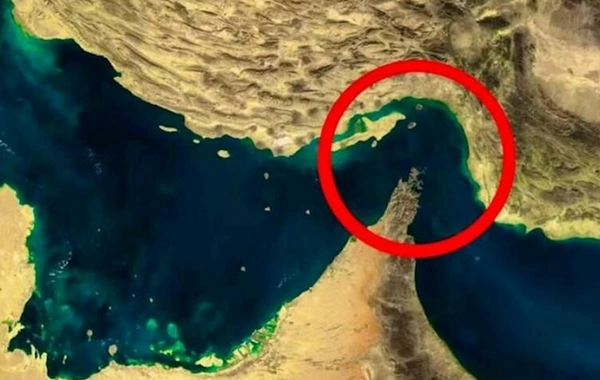Putin's Russia: repressive machine against non-Russians in action
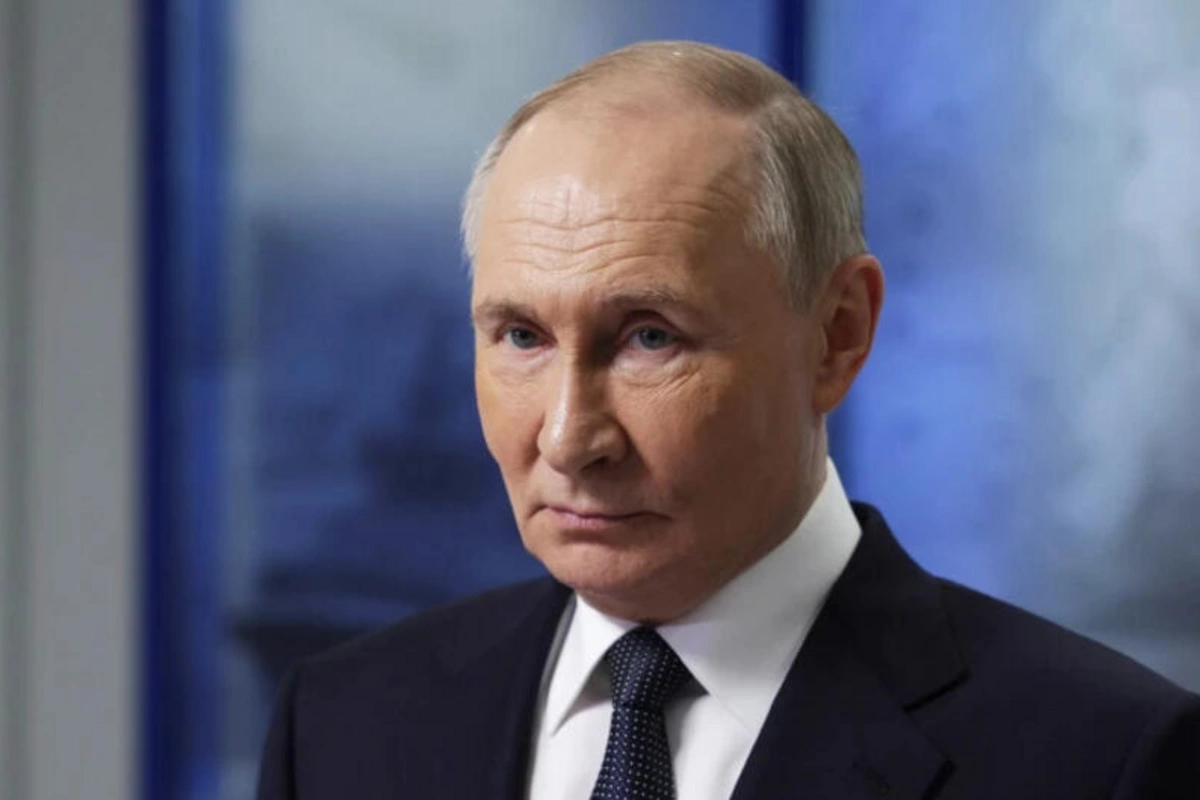
In Russia, the chauvinist, discriminatory, and Islamophobic policies directed against Azerbaijanis, Uzbeks, Kyrgyz, Turkmen, and other non-Slavic peoples are backed by the Russian authorities, particularly President Vladimir Putin.
As BAKU.WS reports, this discrimination manifests not only in everyday life but also in the activities of law enforcement agencies, the judicial system, media portrayals, and the official rhetoric of the state.
Representatives of non-Russian peoples are systematically presented as "dangerous elements," "criminal contingent," or "social burden." This policy is not limited to humiliating the dignity of ethnic groups - it is also supported by real legal and administrative mechanisms aimed at pushing these peoples out of Russian society.
Such an approach is a historical tradition of Russian statehood. Since the times of Tsarist Russia, peoples living within the empire were subjected to pressure of assimilation and cultural destruction. In the Soviet period, this policy was disguised as "internationalism," but in reality pursued the goal of Russification and establishing Russian dominance. Today's Russia under Putin's leadership continues this legacy - more harshly, openly, and violently. Putin's regime functions as an authoritarian system based on the interests of one ethnicity, effectively managing a multinational country through mono-ethnic power structures.
If Russia conducts such destructive and merciless policies even toward the brotherly Slavic Ukrainian people, close to it in language, religion, history, and culture, then even more cruel treatment of other peoples should no longer surprise. Ukrainian cities and villages are being erased from the face of the earth by missile strikes, and acts of genocide against civilians are being committed in Bucha, Irpen, Mariupol, and other settlements, contrary to international law. These are not just war crimes, but a strategy of destruction fueled by ethnic hatred. Russia applies a similar approach in domestic policy - increasing pressure on small peoples through restrictive legislation, media censorship, and legal violence.
After the collapse of the USSR, chauvinism and Islamophobia in Russia not only intensified but also turned into an official ideological line. Particularly large-scale campaigns were launched against the peoples of the North Caucasus, primarily Chechens. These actions have gone down in history as examples of ethnic cleansing. The destruction of Grozny and other cities, mass killings of civilians became the tragic outcome of this policy. Today, the same approach is applied to migrants from Central Asia, peoples of the Caucasus, and non-Russian communities living in the central regions of Russia. The state views them as a threat and uses the repressive apparatus to suppress them.
In the 1990s, authorities turned a blind eye, and sometimes secretly supported skinhead groups known for their brutal attacks on non-Russians in Moscow and other major cities. Research shows that many of these radical groups collaborated with Russian special services. Today, there is no need for such groups - their functions are performed by official structures: police, OMON, and other law enforcement agencies. These structures detain, beat, torture, and systematically threaten young people of Muslim and non-Russian origin, often without any grounds. And all this happens openly, without fear of punishment.
This picture is a tragedy not only for the peoples subjected to discrimination but also for the Russian state and people themselves. A policy based on violence leads to the radicalization of the entire society, deepening distrust and hatred. In the long term, this increases the risk of internal disintegration of Russia itself.
The role of the Russian Orthodox Church in this policy is also worth noting. Instead of dealing with matters of faith and spirituality, the church has become one of the ideological pillars of the state's chauvinist policy. It deifies Russian nationalism, justifies xenophobia towards other peoples, and gives religious legitimacy to the cruelty of law enforcement agencies. Thus, violence by the state is "sanctified" by religion.
The events that occurred recently in Yekaterinburg are a clear example of this trend. Attacks on Azerbaijanis, the inhumane behavior of OMON, and the silence of the police - all these are viv
Similar News
Markov on the murder of Azerbaijanis in Russia by an OMON squad
It's terrible that during the detention of civilians who did not offer any resistance, two people died. As APA reports, this was stated by the director of the R...




 Azərbaycanca
Azərbaycanca  По-русски
По-русски  English
English 
